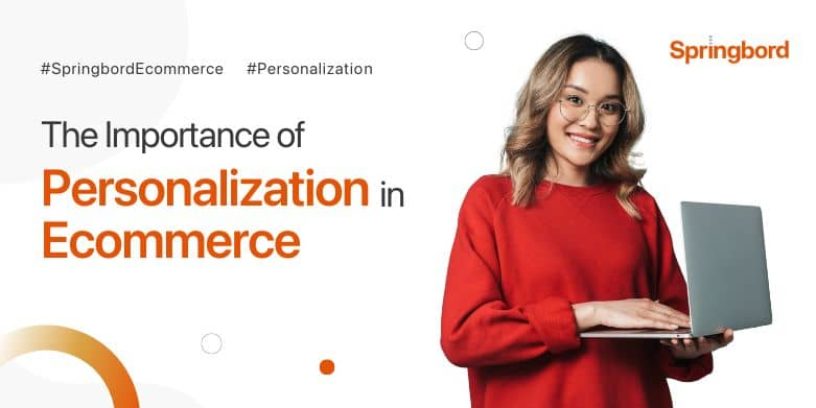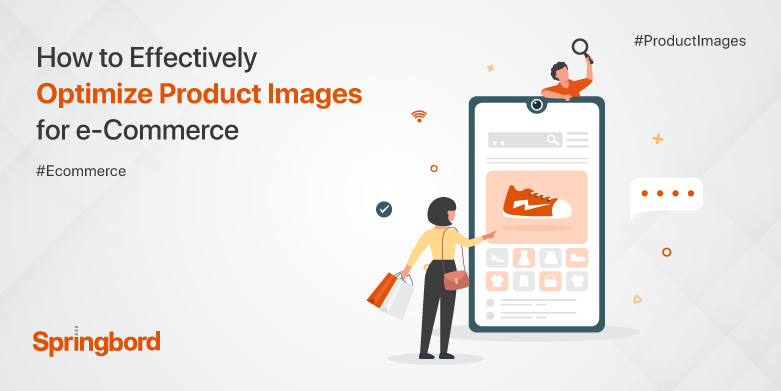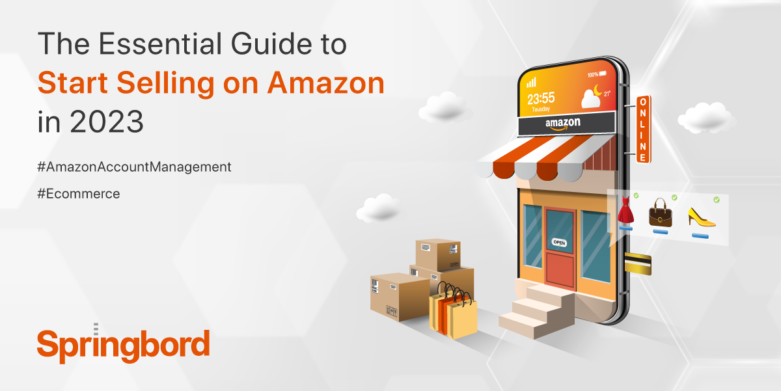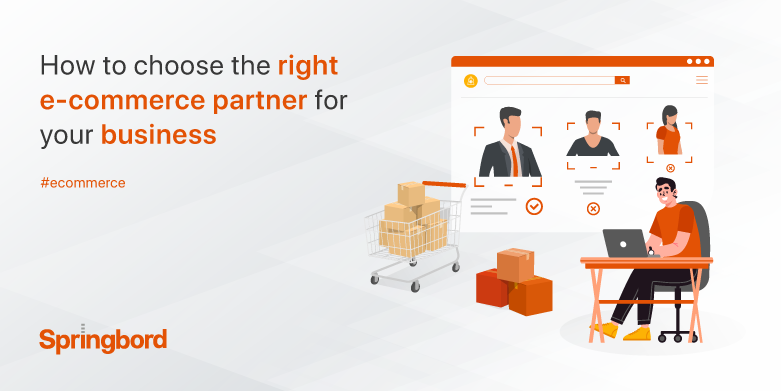 Read time 4 min
Read time 4 minAs the world becomes more digitized, e-commerce continues to play an increasingly significant role in the retail industry.
Online shopping has become a popular choice among consumers due to its convenience, variety of options, and ability to compare prices.
However, with the rise of e-commerce, competition has become more intense, and it has become harder for businesses to stand out. This is where personalization comes in.
Personalization has been a buzzword in the e-commerce industry for years, but what does it actually mean? Essentially, it involves tailoring the shopping experience to an individual customer’s preferences, interests, and behavior. Personalization is not just limited to product recommendations but also includes targeted promotions, personalized emails, and more.
So why is personalization so important for e-commerce businesses? In this blog, we’ll dive into the impact of personalization on e-commerce and how it can benefit your business.
The Importance of Personalization on Ecommerce
Personalization is all about understanding the needs and preferences of individual customers and tailoring the shopping experience accordingly. This can take many forms, from recommending products based on a customer’s purchase history to displaying personalized ads based on their browsing behavior. The ultimate goal is to make the shopping experience more relevant and enjoyable for the customer, which in turn leads to increased engagement, conversions, and revenue for the business.
One of the key benefits of personalization is that it helps businesses stand out in a crowded e-commerce landscape. With so many options available to consumers, it’s becoming increasingly difficult for businesses to differentiate themselves based on price or product features alone.
Personalization, on the other hand, can provide a unique selling point that sets a business apart from its competitors.
In addition, personalization can help businesses build stronger relationships with their customers.
By showing that they understand and care about the customer’s preferences and needs, businesses can create a sense of trust and loyalty that can lead to repeat purchases and positive word-of-mouth.
Examples of Personalization in Ecommerce
There are many ways that businesses can implement personalization in their e-commerce strategy.
Here are some examples:
- Product Recommendations: One of the most common forms of personalization is product recommendations. By analyzing a customer’s purchase history, browsing behavior, and demographic data, businesses can suggest products that the customer is likely to be interested in. This can be done through on-site recommendations, email campaigns, or even personalized ads on social media.
- Personalized Email Campaigns: Email is a powerful tool for e-commerce businesses, and personalized email campaigns can be particularly effective. By segmenting their email list based on factors such as purchase history, browsing behavior, and location, businesses can send targeted messages that are more likely to resonate with the recipient.
- Dynamic Pricing: Dynamic pricing is a strategy where businesses adjust the price of a product based on factors such as demand, inventory levels, and customer behavior. This can be a powerful tool for personalization, as it allows businesses to offer different prices to different customers based on their purchasing history, loyalty, or other factors.
- Personalized Landing Pages: By creating landing pages that are tailored to specific customer segments, businesses can provide a more relevant and engaging experience for visitors. For example, a business might create a landing page that is tailored to customers who have previously purchased a certain type of product, or who are located in a specific geographic region.
- Personalized Customer Service: Finally, businesses can personalize their customer service experience by offering support channels that are tailored to each customer’s needs and preferences. This might include chatbots that can answer common questions, or dedicated support teams for high-value customers.
The Impact of Personalization on E-commerce
So, what impact does personalization actually have on e-commerce businesses?
Below are some of the benefits:
- Increased Sales: Personalization can lead to increased sales by making the shopping experience more relevant and enjoyable for the customer. By suggesting products that the customer is likely to be interested in, businesses can increase the likelihood of a purchase.
- Improved Customer Satisfaction: Personalization can also improve customer satisfaction by showing that the business understands and cares about the customer’s needs and preferences. The result may be elevated customer satisfaction and subsequent purchases.
- Reduced Abandonment Rates: By providing a more relevant and engaging shopping experience, businesses can also reduce cart abandonment rates. When customers feel that the business understands their needs and is providing them with personalized recommendations and offers, they are more likely to complete their purchase.
- Better Data Collection: Personalization can also help businesses collect better data on their customers. By tracking their purchase history, browsing behavior, and other metrics, businesses can gain insights into what their customers want and how they prefer to shop. This can help businesses make more informed decisions about their products, marketing strategies, and overall business operations.
- Competitive Advantage: Finally, personalization can provide businesses with a competitive advantage in a crowded e-commerce marketplace. By offering a more personalized and engaging shopping experience, businesses can stand out from their competitors and attract more customers.
Conclusion
Personalization is a powerful tool for e-commerce businesses that want to improve customer satisfaction, increase sales, and build loyalty.
By tailoring the shopping experience to each individual customer, businesses can provide a more relevant and engaging experience that sets them apart from their competitors.
While there are some challenges to consider, the benefits of personalization make it a worthwhile investment for businesses that want to succeed in the e-commerce marketplace.
Looking to learn more about e-commerce business, check Springbord‘s blogposts on e-commerce.







